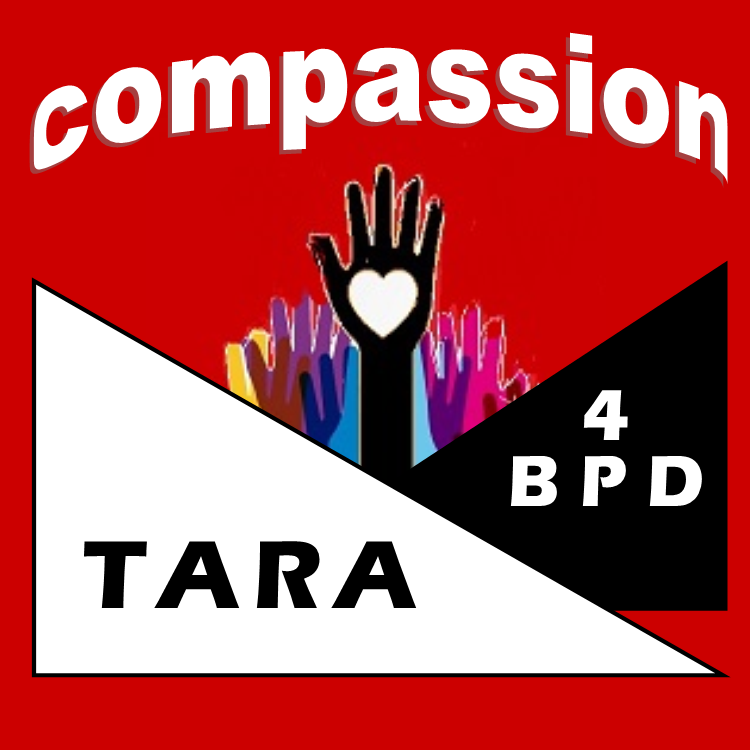JOIN TARA4BPD MOMS4BPD
Mother’s
Standing up
for BPD
MOMS4BPD Meeting
Thursday
September 22
at 7PM ET
DAd’s and other family members are all Welcome
$10 registration
Dear MOMS4BPD
Someone you love has Borderline Personality Disorder and you have probably been frustrated trying to find help. You have realized by now that you cannot rely on the mental health system to help you. Most clinicians lack real understanding of BPD. Treatment for BPD is not covered by insurance and is often unavailable in many communities.
Have you encountered any of the following:
Difficulties involved in arriving at a diagnosis?
BPD Diagnosis withheld or denied
Told that BPD is due to invalidation
Family frequently described as toxic
The person has BPD, there must have been abuse
Adolescents can't be diagnosed until 18
Medications are over-prescribed to no effect.
Diagnosis is not accepted by your loved one
Have you been advised to
Remain neutral when your loved one is upset,
Implement limits and boundaries
Go to the ER at once if loved one cuts or talks of suicide,
HIPAA rules deny you any information or input
Spent large sums of money on ineffective treatments
A Letter to MOMS
By now you really “get” the problems facing people with BPD and their families. You’ve gone through the various hoops of finding help for BPD and have begun to realize that there is no system underneath you to rely on, nothing out there that can really help you and your loved one. Are you frustrated enough to do something to help?.
BPD and family experiences that have come to my attention over the last 25 years that are created and reinforced by the clinical community.
Lack of solid clinical understanding of BPD fosters blaming families for BPD. People with BPD are encouraged to believe that invalidation by their family is the cause of their distress, reinforcing the idea that the family is toxic. This often leads to family estrangement. Families generally do not give up on their loved one however their help and support is neither nurtured nor appreciated. Some clinicians encourage searching for memories of abuse as it must be there if the person has BPD.
Families are advised to remain neutral when their loved one is upset, to call police or rush to the Emergency Room if their loved one talks of suicide and to implement limits and boundaries to control difficult or maladaptive behaviors.
Medications are over-prescribed to no effect.
Have you experienced difficulties arriving at a diagnosis as well as the problems arising when the diagnosis is not accepted by your loved one.
The HIPAA rules deny you any information or input that might be helpful.
How much money have you spent searching for help that harmed?
Why do we take this? Why don’t we stand up for our loved one? Why do we remain silent? When do we come out of
the BPD Closet? We have the science to demand changes, yet we accept what might be called “abuse” that harms our loved one.
“Mother’s Standing Up for BPD” must create change so that the stigma against BPD and against families does not continue to make things worse for our loved one’s and for our families.


